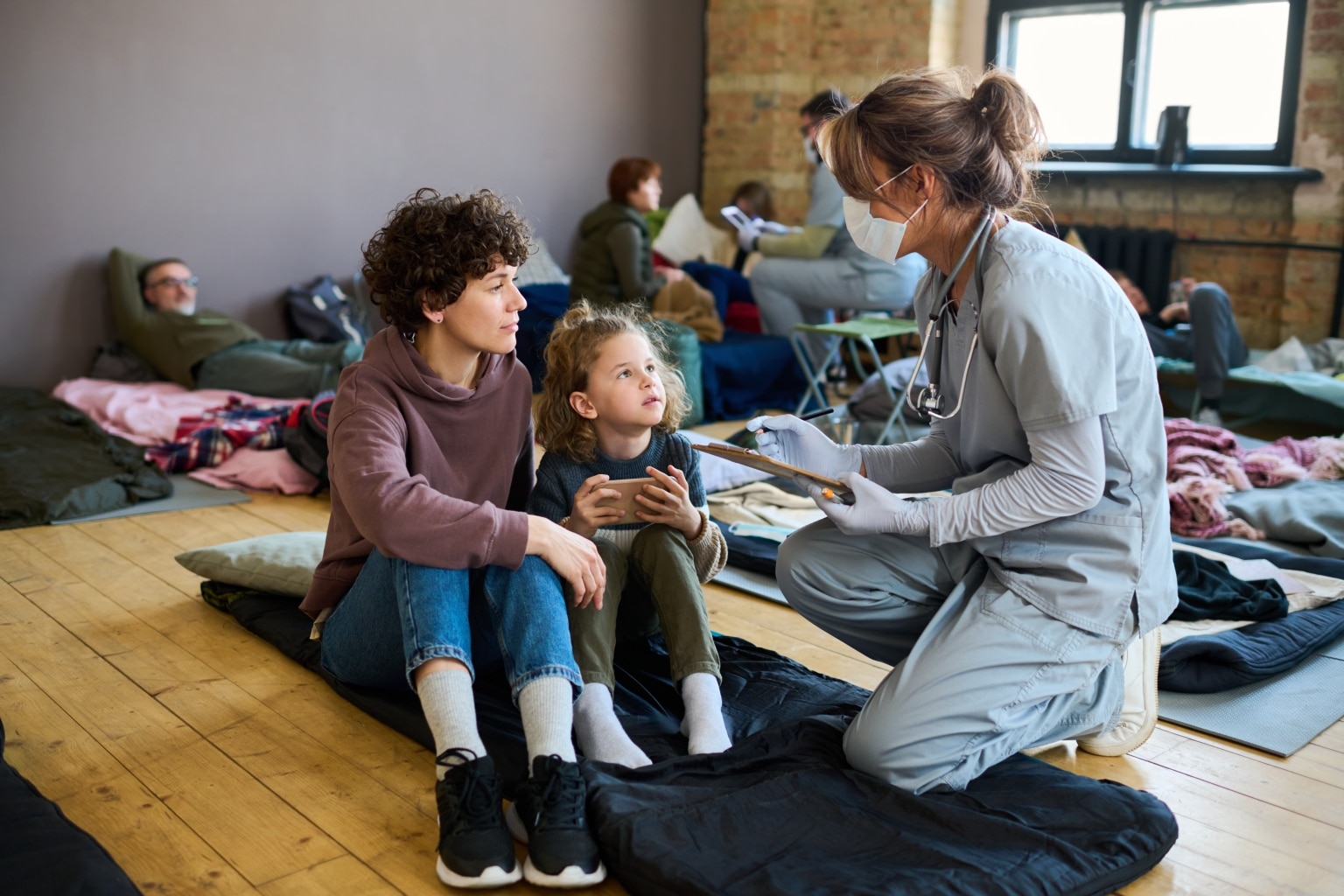Barriers to Healthcare Access for Vulnerable Populations in Portland, Oregon
Breaking Barriers to Healthcare Access
Healthcare is a fundamental human right, yet for many Portland residents, especially those experiencing homelessness, accessing medical services is anything but easy. The barriers to healthcare in Portland are extensive, ranging from financial instability to systemic inequities that prevent many from receiving the care they desperately need. By understanding these challenges and advocating for change, we can work toward a more inclusive healthcare system that serves everyone.
The Challenges of Healthcare Access for Vulnerable Populations
For individuals experiencing homelessness or living in poverty, navigating the healthcare system can be overwhelming. Lack of insurance, transportation difficulties, and the daily struggle for survival make prioritizing health nearly impossible. According to a report by the Oregon Health Authority, nearly 40% of individuals experiencing homelessness have unmet medical needs, often due to cost or lack of accessible services.
Chronic health conditions such as diabetes, heart disease, and respiratory illnesses are common among Portland’s homeless population. Also, mental health disorders and substance use disorders are prevalent, yet many individuals do not receive the treatment they need. The lack of preventative care leads to worsening health conditions, often resulting in emergency room visits, which are costly and do little to provide long-term solutions.
The Impact of Healthcare Inequality
Marginalized communities in Portland, including people of color, immigrants, and low-income individuals, face significant healthcare disparities. Barriers like language, cultural stigma, and discrimination make access to care difficult, leading to higher rates of preventable diseases and worse health outcomes.The closure of certain clinics and the rising costs of medical care have made it even more difficult for individuals to find consistent, reliable healthcare. While Oregon has made strides in expanding Medicaid through the Oregon Health Plan (OHP), gaps remain, leaving many without adequate medical attention.
Programs Working to Make a Difference
Despite these challenges, numerous organizations in Portland are working to bridge the gap and provide essential healthcare services to those in need.
- Central City Concern offers medical, mental health, and substance use treatment tailored to Portland’s unhoused population.
- Outside In provides comprehensive healthcare, including medical, dental, and mental health services, for youth and marginalized adults.
- Transition Projects helps individuals experiencing homelessness access critical healthcare resources and case management services.
Mobile health clinics have also emerged as a critical tool in reaching underserved populations, bringing medical care directly to those who cannot access traditional healthcare facilities. These services provide everything from basic check-ups to vaccinations and mental health support.
How You Can Help!
Improving healthcare access in Portland requires both community support and systemic change. Here’s how you can make a difference:
- Advocate for policy changes that expand healthcare coverage and improve access for marginalized communities.
- Support local organizations that provide medical care and outreach to vulnerable populations by donating or volunteering.
- Challenge stigmas surrounding homelessness and healthcare access by educating yourself and others about the realities of these issues.
If you or someone you know is in need of healthcare services, consider reaching out to one of the following resources:
Resources:
Healthcare should not be a privilege, it should be a right. By working together, we can ensure that everyone in Portland has access to the care they need to live healthy, fulfilling lives. Let’s break the barriers and build a healthcare system that serves all of us.



Comments
Post a Comment